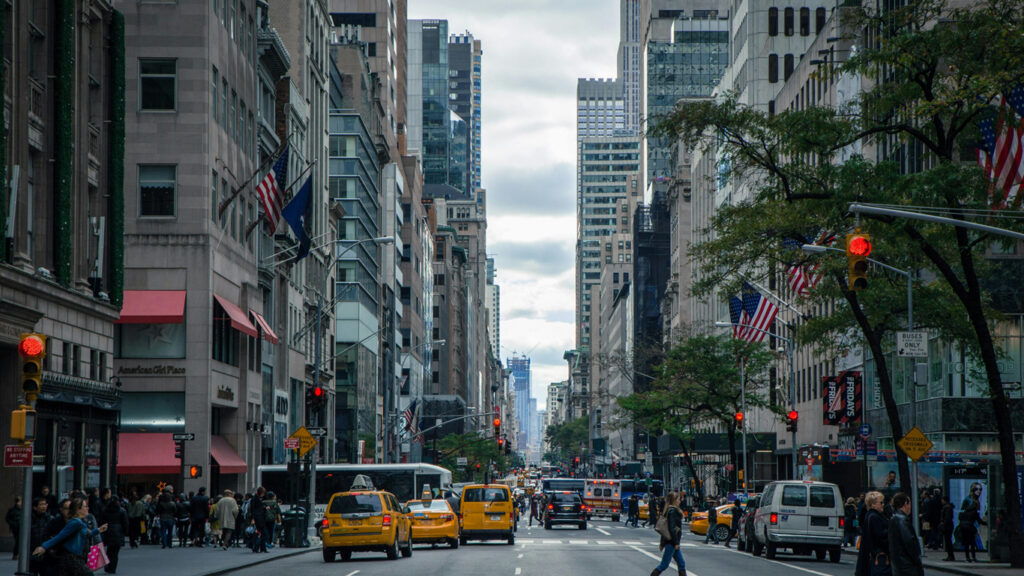Economic sustainability is a term that encapsulates the balancing act of meeting present needs without compromising the ability of future generations to meet their own. In times of crisis, this balance becomes precarious, requiring innovative thinking, collective effort, and a deep understanding of human resilience. As we face global challenges—be they pandemics, financial downturns, or climate disasters—the quest for economic sustainability takes on a profound significance. This article delves into how individuals, communities, and organisations can navigate the turbulent waters of economic sustainability during crises, offering a blend of practical strategies and inspirational insights.
Understanding Economic Sustainability
At its core, economic sustainability is about creating a system that supports long-term economic health and well-being. It involves efficient resource management, equitable distribution of wealth, and fostering an environment where businesses and individuals can thrive. During crises, these goals are under severe strain. Jobs are lost, businesses shutter, and social inequalities become more pronounced. Yet, it is precisely in these moments that the principles of economic sustainability must be steadfastly pursued.
Also Read: https://conversioncrews.com/rising-above-the-noise/
The Human Element in Economic Sustainability
Crises reveal the fragility of human systems but also highlight our capacity for innovation and adaptation. Economic sustainability is not merely a technical challenge; it is a deeply human one. It involves people making difficult choices, communities banding together, and leaders rising to the occasion with empathy and vision.
- Individual Resilience and Adaptation
- Community Support and Solidarity
- Leadership with Empathy and Vision
- Individual Resilience and Adaptation
Individuals play a crucial role in sustaining the economy during crises. Personal resilience—the ability to adapt and thrive despite adverse conditions—is paramount. This might involve learning new skills, pivoting careers, or embracing more frugal lifestyles. For example, during the COVID-19 pandemic, many people turned to remote work, online education, and digital entrepreneurship, finding new ways to generate income and support their families.
- Community Support and Solidarity
Communities are the bedrock of economic sustainability. When crises hit, local support networks often become lifelines. Community gardens, local trade systems, and mutual aid groups can provide essential goods and services, fostering a sense of solidarity and shared responsibility. These grassroots initiatives not only address immediate needs but also build long-term resilience by strengthening social bonds and local economies.
Also Read: https://conversioncrews.com/transformative-impact-of-technology-in-marketing/
- Leadership with Empathy and Vision
Effective leadership during crises is characterised by empathy, transparency, and a long-term vision. Leaders must prioritise the well-being of their constituents, making decisions that balance immediate relief with sustainable recovery. Policies that support small businesses, provide social safety nets, and invest in future-proof industries (like renewable energy and digital infrastructure) are crucial. Leaders who communicate openly and act decisively can inspire confidence and mobilise collective action.
Strategies for Sustainable Economic Recovery
Navigating economic sustainability during crises requires a multi-faceted approach. Here are several strategies that can help ensure a sustainable recovery:
- Investing in Green Technologies
- Supporting Small and Local Businesses
- Enhancing Social Safety Nets
- Promoting Financial Literacy and Inclusion
- Investing in Green Technologies
Crises offer a unique opportunity to rethink and restructure economies. Investing in green technologies not only addresses environmental challenges but also creates new jobs and industries. Renewable energy projects, sustainable agriculture, and green manufacturing can drive economic growth while reducing carbon footprints.
Also Read: https://conversioncrews.com/the-essence-of-brand-identity/
- Supporting Small and Local Businesses
Small businesses are the heartbeat of economies, especially in times of crisis. Governments and communities should prioritise support for these enterprises through grants, low-interest loans, and favourable policies. Encouraging local shopping and the use of local services can keep money circulating within communities, boosting local economic resilience.
- Enhancing Social Safety Nets
A robust social safety net is essential for protecting vulnerable populations during crises. This includes unemployment benefits, healthcare access, and housing support. By ensuring that basic needs are met, societies can prevent the most severe economic and social fallout, allowing individuals to focus on recovery and rebuilding.
- Promoting Financial Literacy and Inclusion
Financial literacy and inclusion are critical for economic sustainability. Education programs that teach budgeting, saving, and investment skills can empower individuals to make informed financial decisions. Additionally, ensuring access to financial services for all segments of society helps to reduce economic inequalities and promote stability.
Stories of Resilience and Innovation
To illustrate these principles, consider the following stories of resilience and innovation:
The Rise of Digital Markets in Rural Areas
In many rural areas, traditional markets were severely disrupted by the pandemic. However, communities quickly adapted by establishing digital platforms for local farmers and artisans to sell their products online. This not only sustained incomes but also expanded market reach, creating new opportunities for growth.
Also Read: https://conversioncrews.com/social-media/
Community-driven Renewable Energy Projects
In regions hit hard by economic downturns, community-driven renewable energy projects have emerged as a beacon of hope. By pooling resources and expertise, communities have built wind farms and solar panels, providing affordable energy and creating jobs while contributing to environmental sustainability.
Conclusion: A Collective Journey
Economic sustainability in times of crisis is a collective journey that requires the participation of individuals, communities, and leaders. It demands resilience, innovation, and a commitment to equity and environmental stewardship. By embracing these values and working together, we can navigate the challenges of today and build a more sustainable and prosperous future for all.

